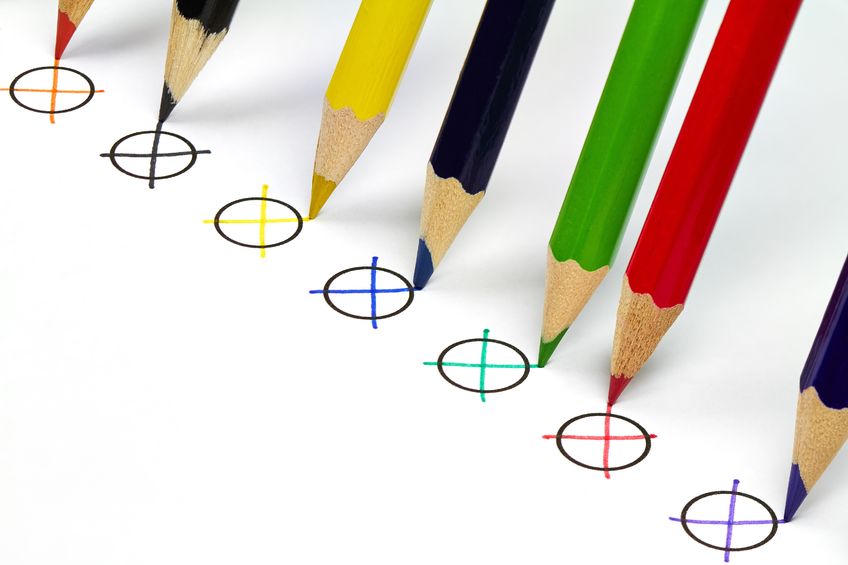When the polls become entertainment
Some thoughts on the use of surveys in the last European elections.
 The last European elections were countersigned for the unexpected results, with the clean advantage of the PD and the substantial gap from the 5 Star Movement, but also for the renewed polemic on the reliability of political polls in the pre-electoral period.The increasing "fluidity" of the electorate, political offer in continuous change, the appearance of new and important actors, the degree of sincerity and availability of respondents, high rates of absenteeism are just a few of the many factors that have characterized the recent consultations and that have complicated the forecast of the voting behavior.But beyond the most technical aspects on which the insiders are questioning, as in the recent conference organized by ASSIRM, it seems that the discussion should focus on the use that is made of these political polls.As that is the attention inevitably moves from "what is happening in reality" to "how much the forecast is exactly close to reality."In short, to use the metaphor of the wise man that points to the moon, we are inclined to watch more the finger that our fascinating satellite! To every new political election we observe an increasing show were the leading actor is the poll, too often presented as an infallible oracle, and rarely as a tool of investigation, that brings clarity to a complex and changing phenomenon, what is the electoral behavior.We do not carry out political investigations but the debate involves us. We would like that, despite the fast-rhythms of the information, was respected the complexity of this exciting work. We don’t seek the simplification to all the costs, instead we try to explain to the wider public that the statistic discipline, even if properly used, also provides a margin of error.Let’s make culture by promoting a 'smart' usage of the surveys: let’s ask to surveys a contribution to the understanding of reality not that they become reality itself.
The last European elections were countersigned for the unexpected results, with the clean advantage of the PD and the substantial gap from the 5 Star Movement, but also for the renewed polemic on the reliability of political polls in the pre-electoral period.The increasing "fluidity" of the electorate, political offer in continuous change, the appearance of new and important actors, the degree of sincerity and availability of respondents, high rates of absenteeism are just a few of the many factors that have characterized the recent consultations and that have complicated the forecast of the voting behavior.But beyond the most technical aspects on which the insiders are questioning, as in the recent conference organized by ASSIRM, it seems that the discussion should focus on the use that is made of these political polls.As that is the attention inevitably moves from "what is happening in reality" to "how much the forecast is exactly close to reality."In short, to use the metaphor of the wise man that points to the moon, we are inclined to watch more the finger that our fascinating satellite! To every new political election we observe an increasing show were the leading actor is the poll, too often presented as an infallible oracle, and rarely as a tool of investigation, that brings clarity to a complex and changing phenomenon, what is the electoral behavior.We do not carry out political investigations but the debate involves us. We would like that, despite the fast-rhythms of the information, was respected the complexity of this exciting work. We don’t seek the simplification to all the costs, instead we try to explain to the wider public that the statistic discipline, even if properly used, also provides a margin of error.Let’s make culture by promoting a 'smart' usage of the surveys: let’s ask to surveys a contribution to the understanding of reality not that they become reality itself.